11. World of Kanako (Tetsuya Nakashima, 2014)
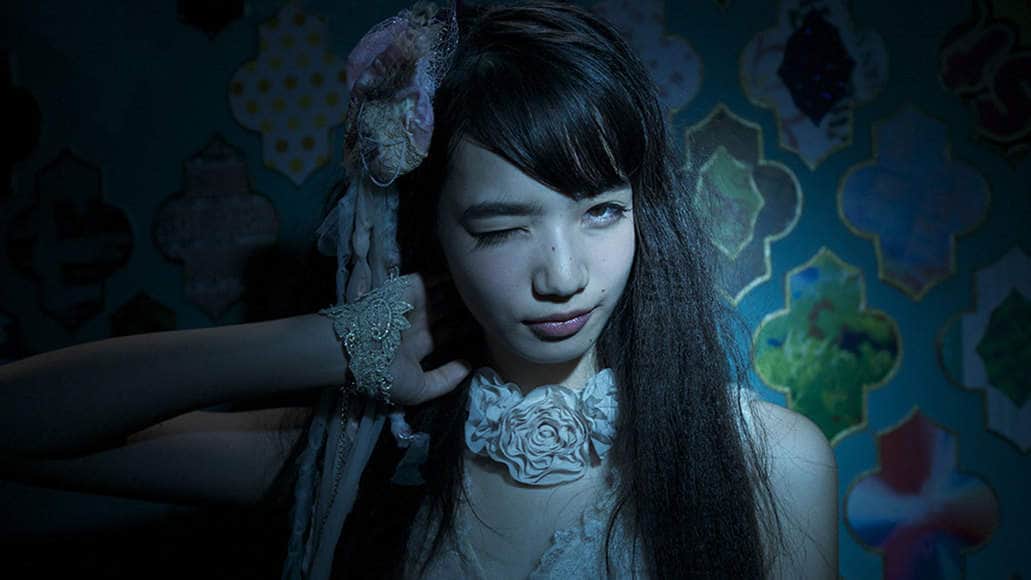
Nakashima has created a unique style of his own, which unfolds artfully once more in this movie: very vivid colors (although somewhat toned down in comparison with ” Kamikaze girls” and “Memories of Matsuko”), music video aesthetics in terms of editing, unexpected humor in extreme situations, and a general hyperbole, which, however, does not become tedious at all. Additionally, Nakashima implements distinct exploitation aesthetics of the '60s and the '70s, both Japanese and American
Buy This Title
12. The Snow White Murder Case (Yoshihiro Nakamura, 2014)
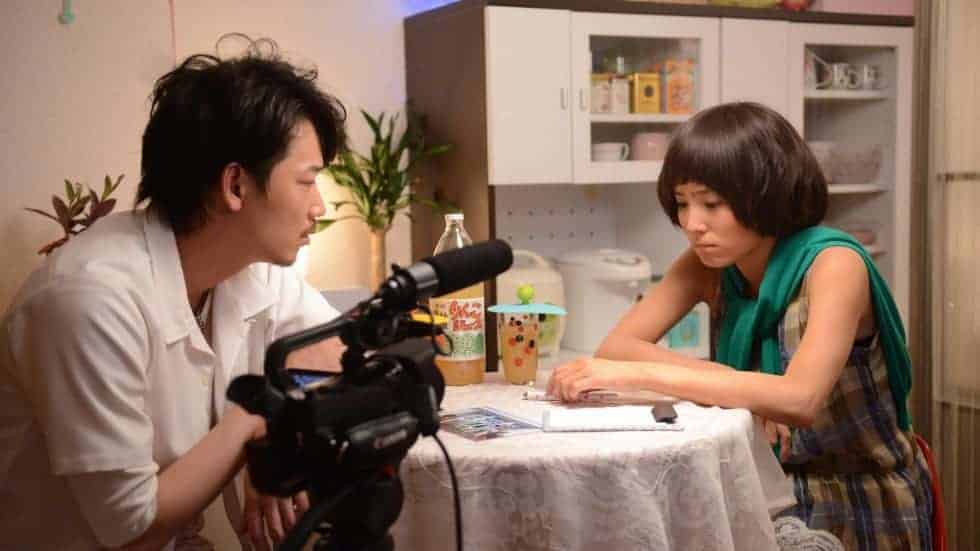
Yoshihiro Nakamura splendidly directs this superb script, focusing not solely on the case in hand but also on a plethora of social subjects. The film is split in two halves; the first presents the alleged facts from the point of view of the interviewees and the second the actual story, in a straightforward way. I quite enjoyed the presentation technique through interviews that appears similar to a documentary; however, the almost constant tweets appearing in the screen are tiring and confusing, especially considering that their translation also shows on screen, hiding the action and meddling with the other subtitles. Evidently though, this is a problem for the western audience.
Buy This Title
13. Pale Moon (Daihachi Yoshida, 2014)
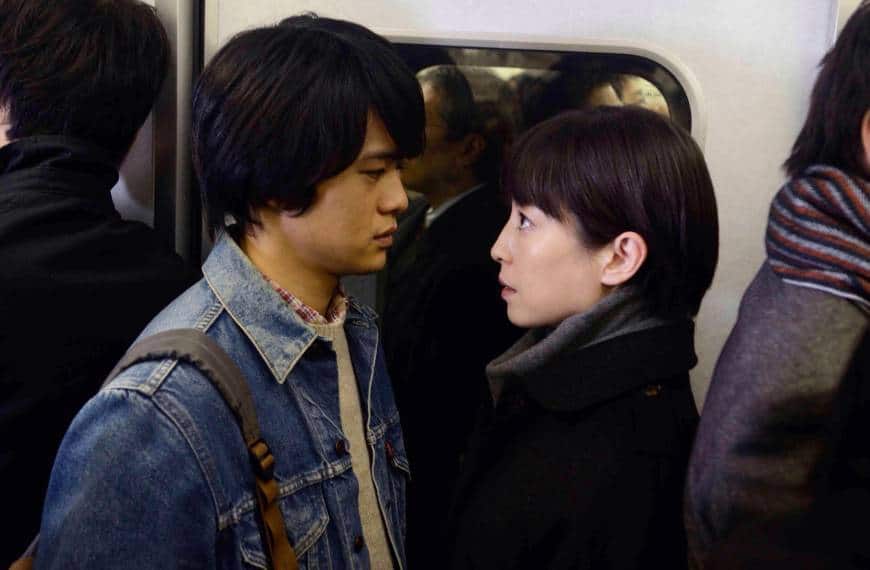
The film is set in 1994, shortly after the burst of Japan's economic bubble, where banks were desperate to attract new clients, with house calls being a regular tactic toward that cause. The depiction of that era and the way the banking system worked, mostly with handwritten material instead of computers, is very realistic, and provides a logical frame for a low-employee to embezzle all that money. This realism extends to the way the employees function in the highly antagonizing finance world, with intrigues, secrets, and the higher-ups taking advantage of those below them in the hierarchy, even for sexual reasons.
Buy This Title
14. Twisted Justice (Kazuya Shiraishi, 2016)
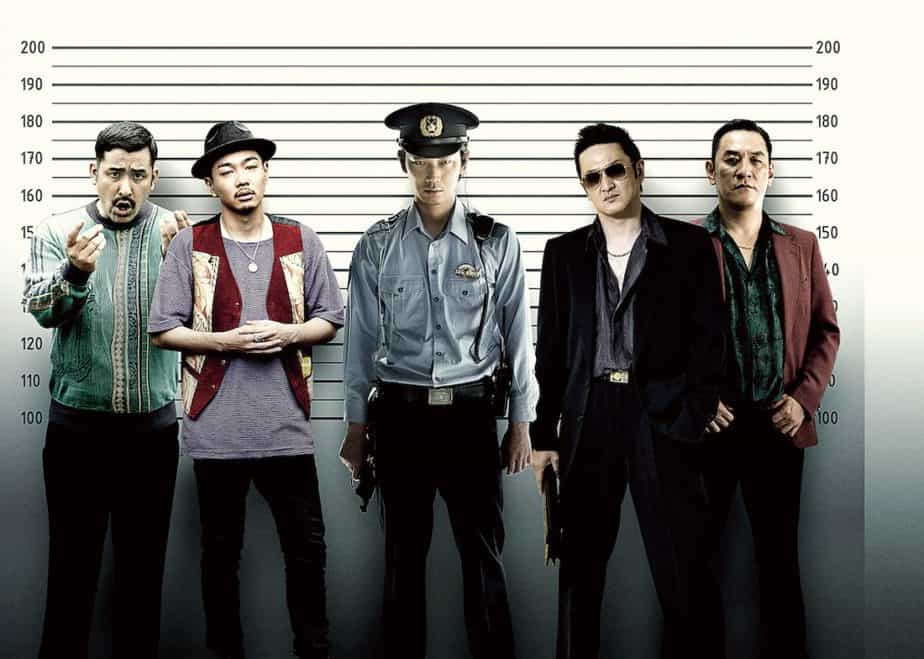
Kazuya Shiraishi, who knew the case quite well as a Hokkaido native, presents a film that looks like a modern version of Kinji Fukasaku's The Yakuza Papers pentalogy, although, in this particular case, the protagonists are cops and not criminals. The aesthetics, though, remain the same, with the constant antagonisms among them, the corruption and betrayals, and even the violence, which is chiefly represented by Moboroshi, the most Yakuza-like of all. Also like the aforementioned films, Moboroshi has his own gang, which includes an actual Yakuza named Nakamura, a lowlife ex-addict named Yamanobe, and a Pakistani with Russian mafia ties named Rashido. However, with the exception of Yamanobe, who actually adores him, the rest of the gang stay with him for the profit, rather than out of devotion, as was the case with Fukasaku's films.
Buy This Title
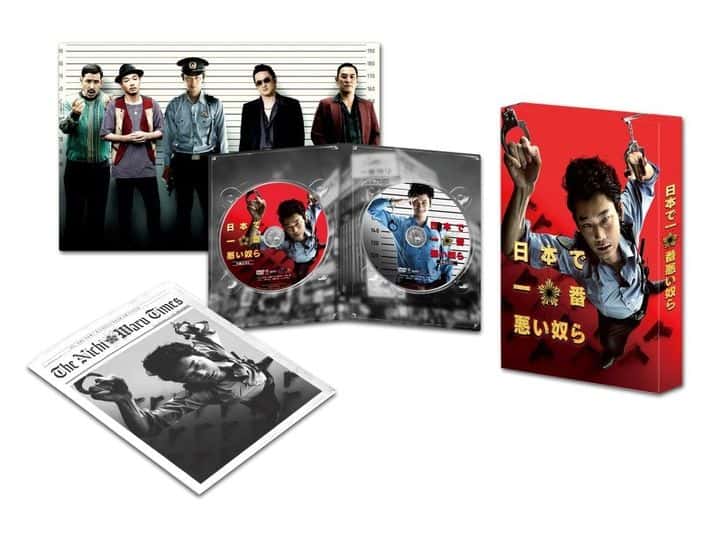
15. Rage (Lee Sang-il, 2016)
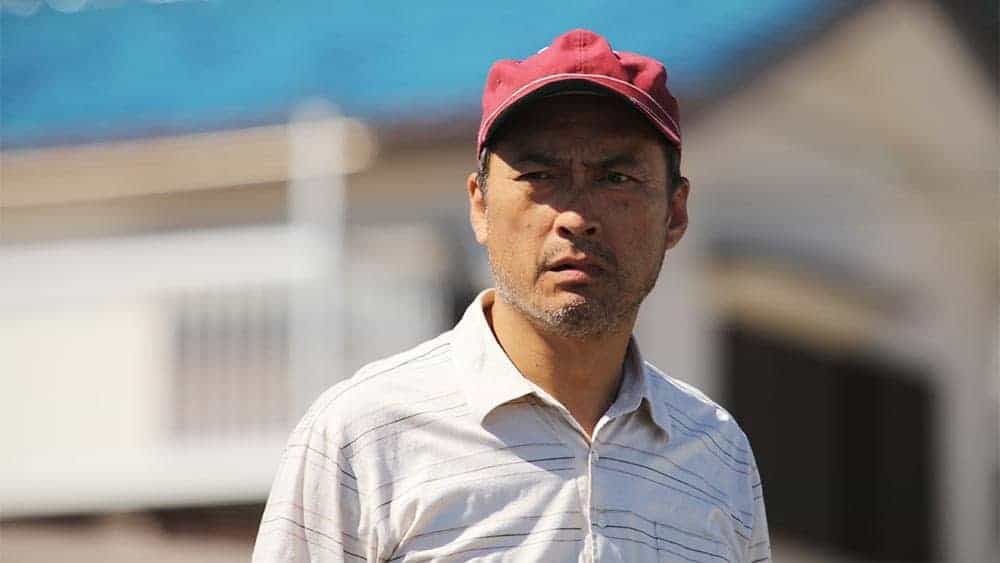
Lee Sang-il directs an intricate drama with much depth, as it focuses on a number of social comments and concepts. Sex in its violent and abusing form is a central one, with Lee not shying away neither from the rape or the gay sex scenes. Aiko is in trouble in her “job” as she is eager to please every whim of her clients. Izumi is raped by GI's near a base in Okinawa. The relationship of Yuma and Naoto begins with the former almost raping the latter, in one of the most extreme notions in the film, that this act can actually lead to love. Through this concept, another comment is presented, about the prejudice of society, which transforms a number of individuals into pariahs.
Buy This Title
16. A Bride for Rip Van Winkle (Shunji Iwai, 2016)
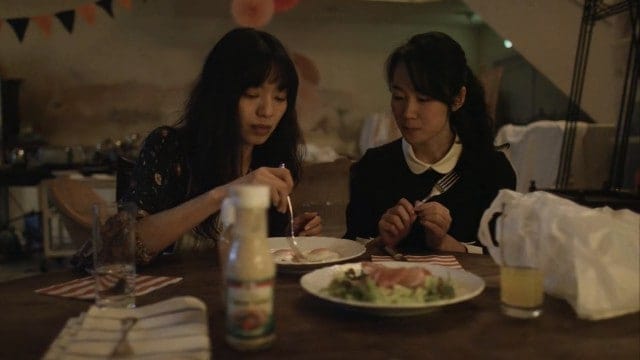
Iwai manages to present a number of messages regarding Japanese society, through a relatively abstract narrative that goes in and out of surrealism a number of times. The lack of actual communication among people and the “solution” provided the social media depict one of the most central, with the consequences of actually making life decisions based on people one meets online being disastrous. The fact that money seems to buy everything, from guests at a wedding to actual friends, is another, with Iwai including an ironically funny sequence where Amuro is taking care of a number of children in the park, actually having them on leashes, as if they were animals. The relationships of parents and children, which stretch from almost non-existant to oedipal is another one, while the futility of the concept of marriage, which derives from silly social rules and constant pretentiousness is another.
Buy This Title
17. Hime – Anole (Keisuke Yoshida, 2016)
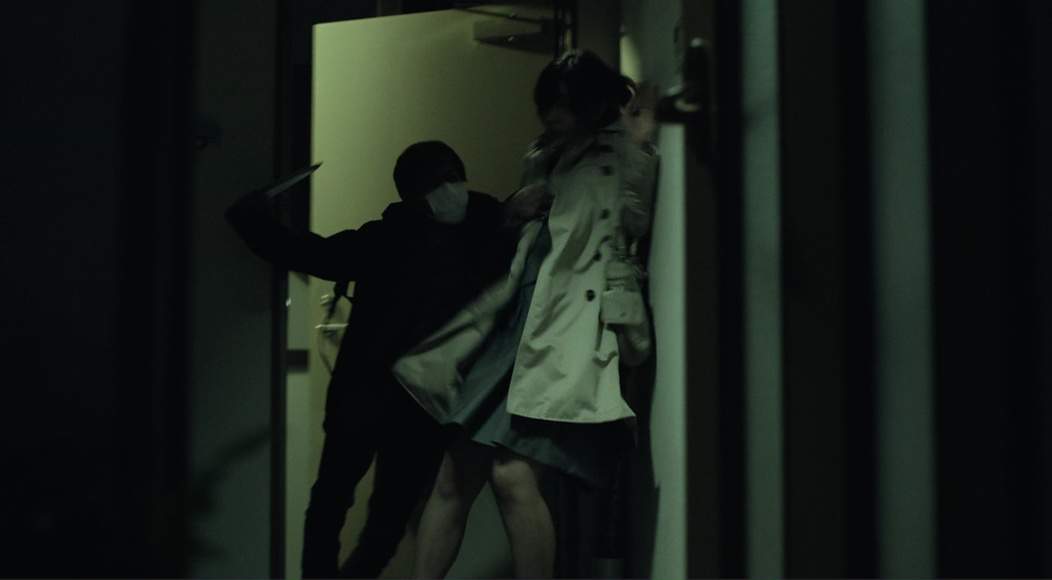
Keisuke Yoshida manages to elaborately merge two films into one, as the transition between the two parts is utterly smooth, despite their many differences. The fact that the second part, containing violence, gore, and sex, comes after the first one (which could be rated PG-13), is a very unusual tactic, but Yoshida made the most of it. The same applies to the messages he presents, as the first part shows the lives of the people living on the borders of society and where that can lead them, while the second highlights the consequences of bullying and violence in general
Buy This Title
18. Memoirs of a Murderer (Yu Irie, 2017)
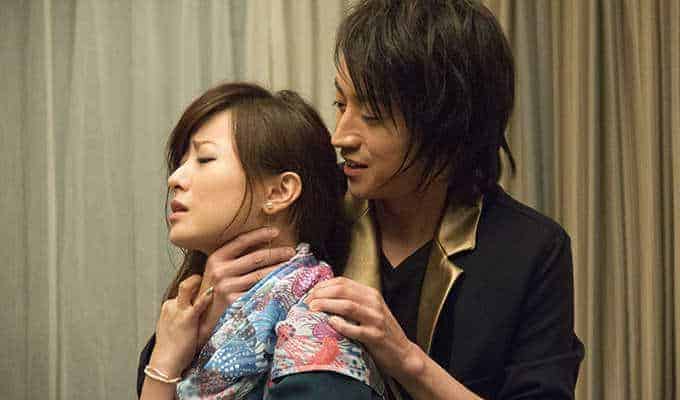
Yu Irie builds the intricate story quite elaborately, as his narrative includes news pieces, footage from the past, flashbacks, and many scenes taking place during a TV show, which give the first part of the film a sense that someone is watching an exclusive piece of news. The second part features more elements of an action thriller, as the film takes an obvious commercial turn, and the script becomes somewhat hyperbolic in the number and the nature of twists it includes.
Buy This Title
19. The Third Murder (Hirokazu Koreeda, 2017)
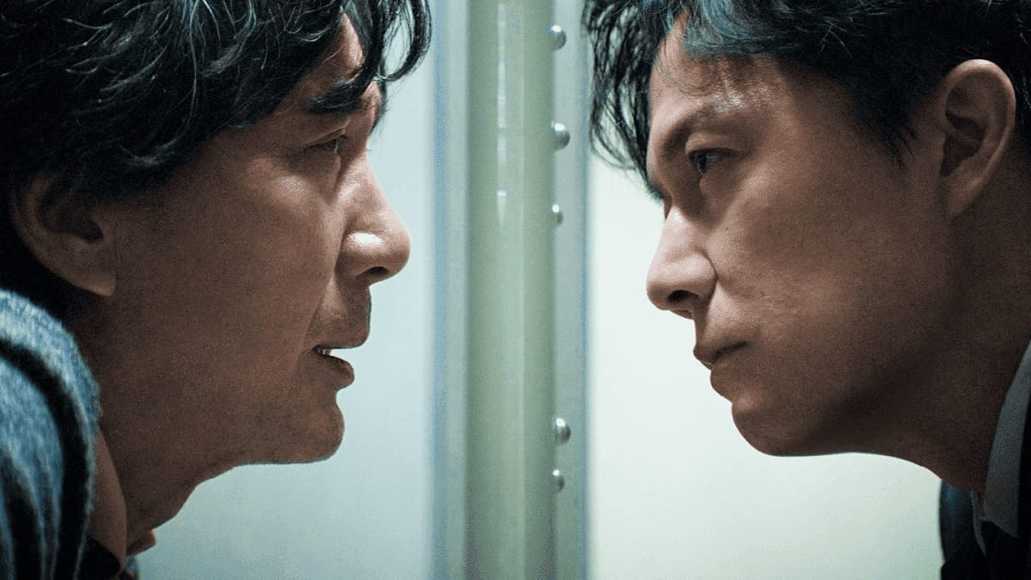
One of the most recognizable traits in Koreeda's filmography is his attention to detail, and the particular movie is not an exception, as the various sequences in the court and the way all members of the judiciary conduct themselves is utterly realistic. In order to present such accuracy, Koreeda brought together seven lawyers over several months to stage mock trials and mock interviews of a criminal while he was taking note of their language and thought process.
Buy This Title
20. Bad Poetry Tokyo (Anshul Chauhan, 2017)
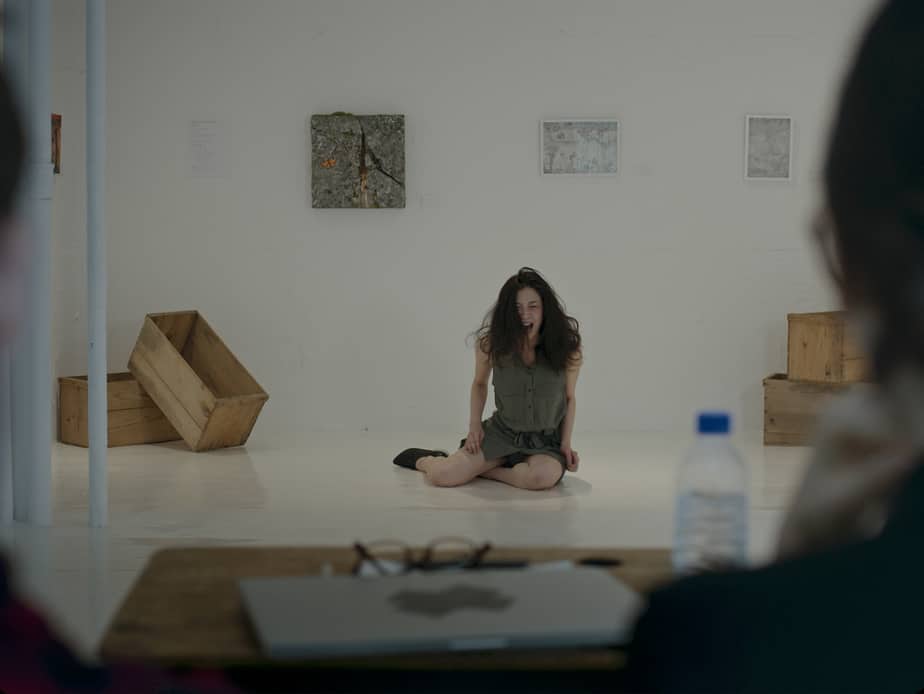
Anshul Chauhan directs and pens an intense film that highlights a number of topics with socking realism, stripped of any kind of beautification. The world of escorts is the first one, with the presentation being filled with violence, orders the defy even the natural needs of the women involved, and a hopelessness that eventually comes hitting at Jun's door in the cruelest way. The second is abuse, and particularly towards women, with Jun being presented as a strong woman who finds herself powerless in the midst of the men around her, which include Taka, her boss in the hostess club, and her father.


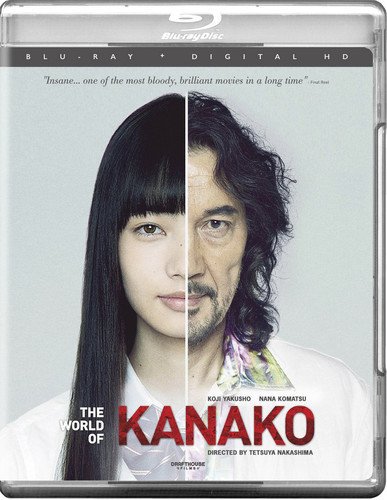
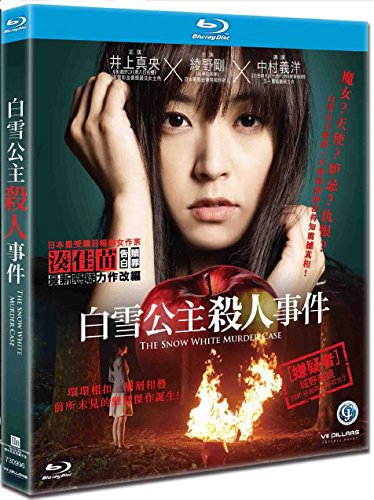
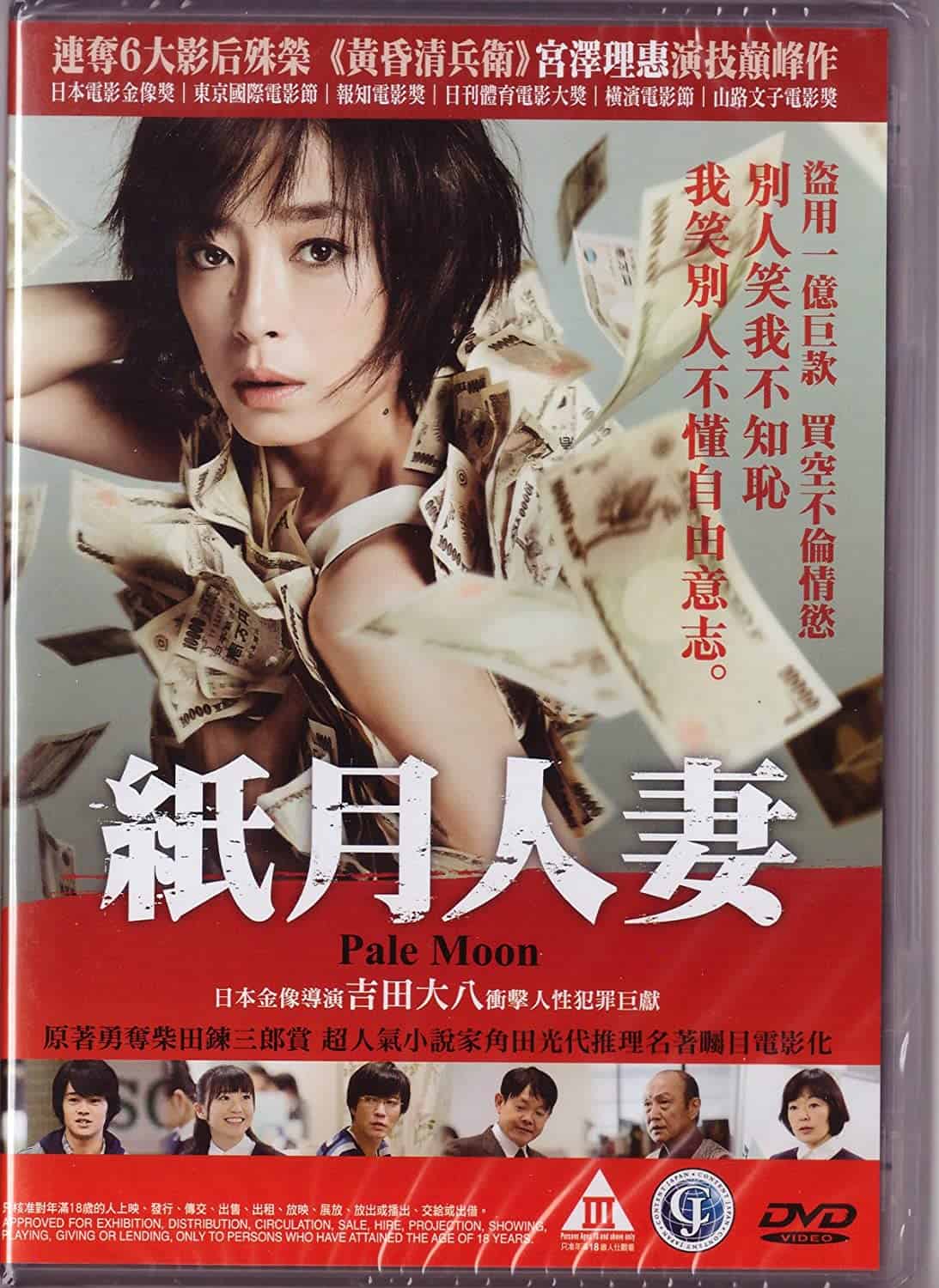
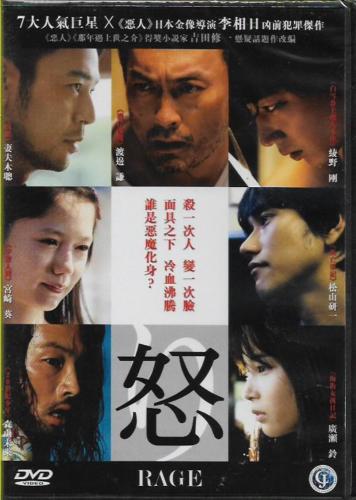
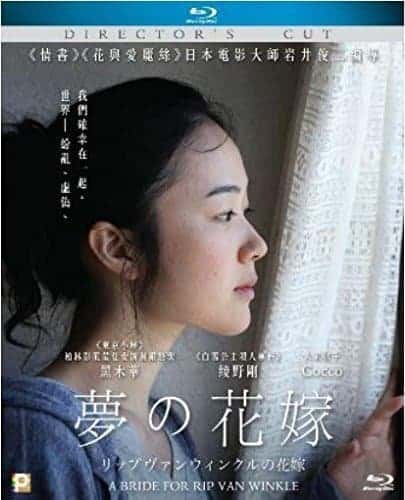
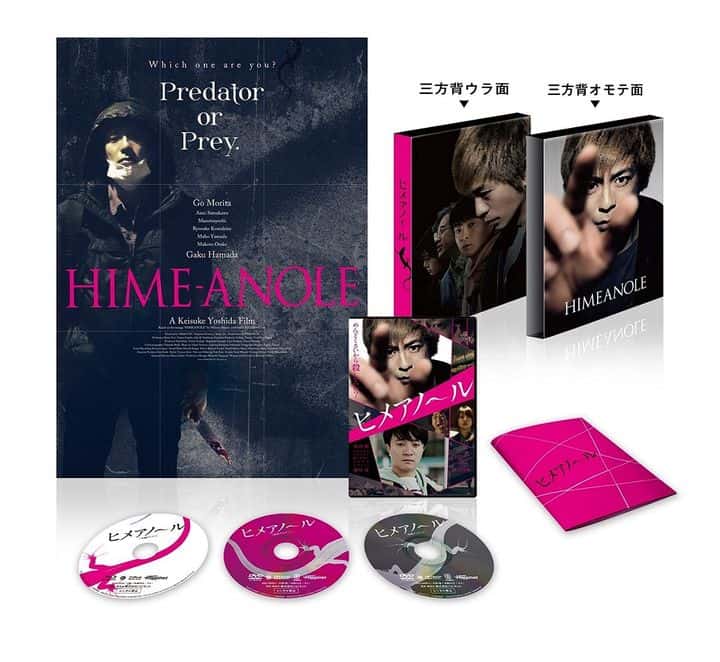
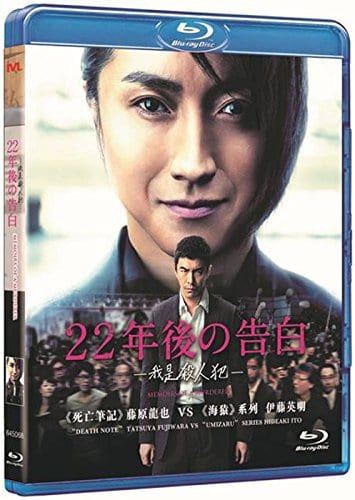
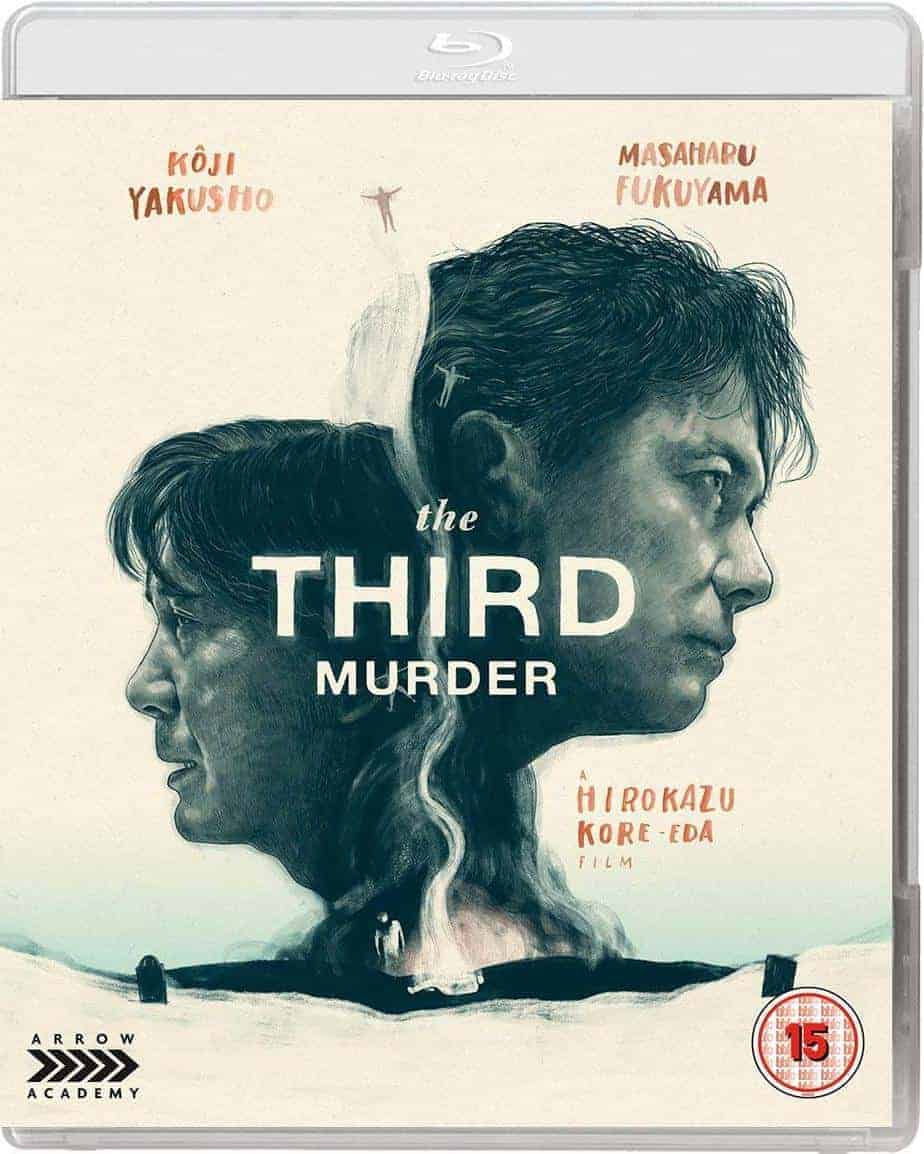



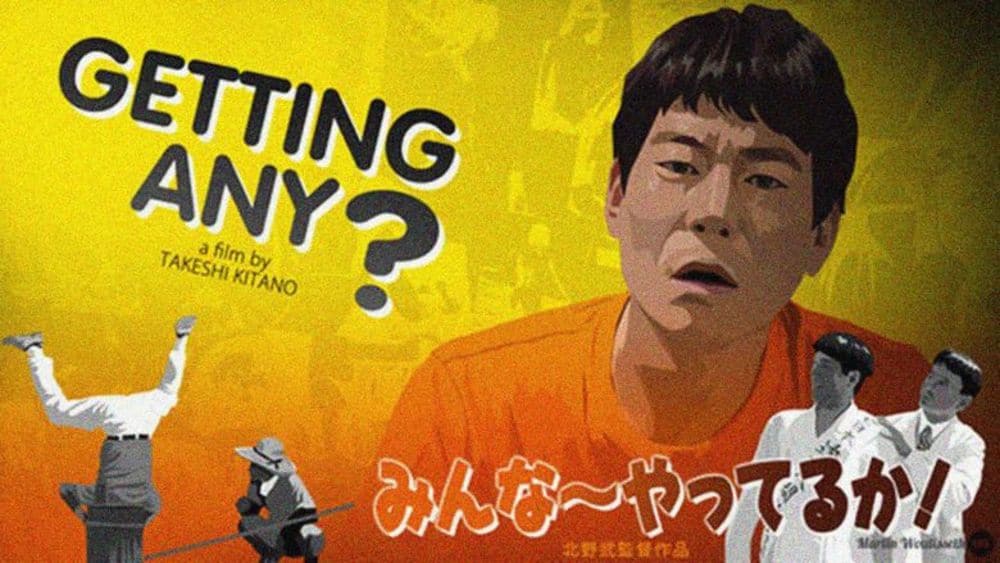
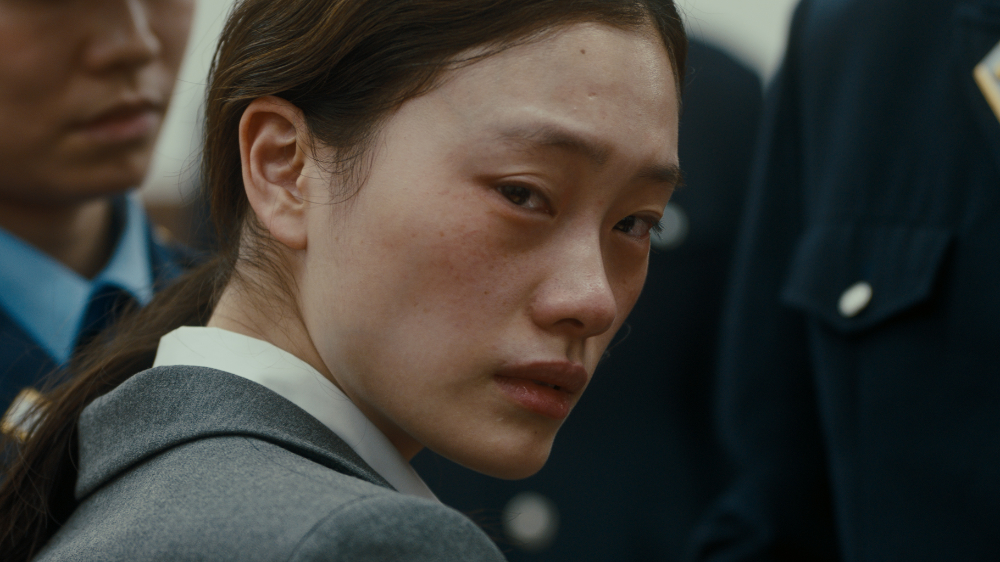







WORLD OF KANAKO is a sledgehammer of a movie. Extraordinary.
Cold Fish… Classic!
one of the best lists i have seen!!! extremely brilliant picks.